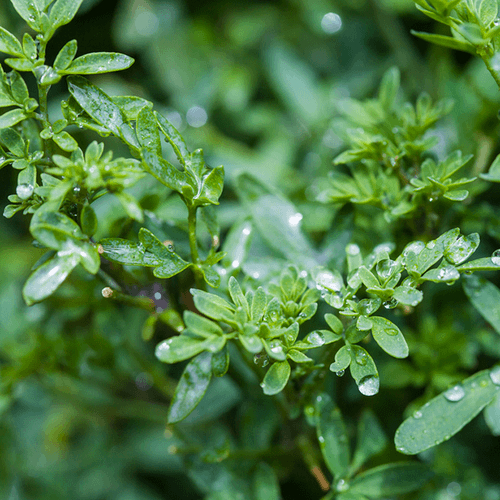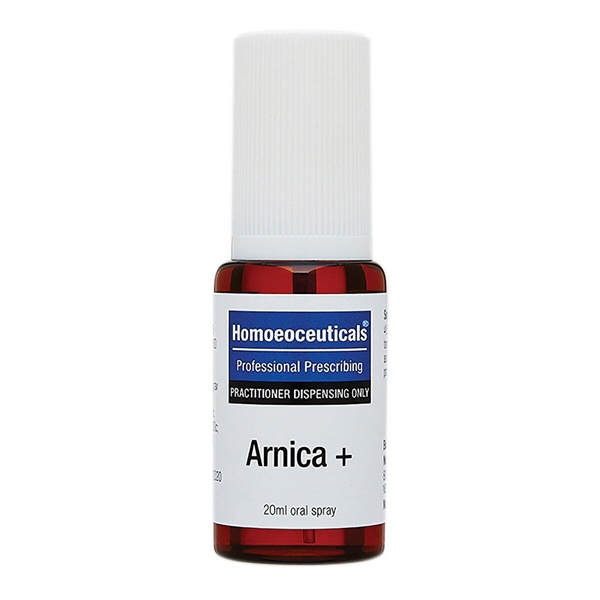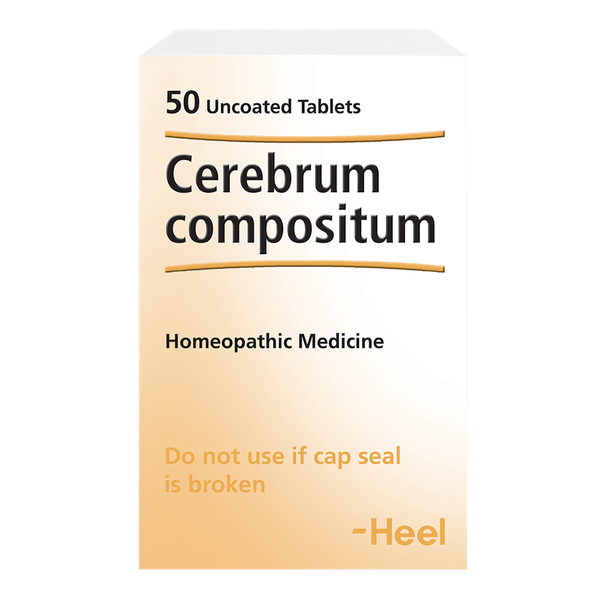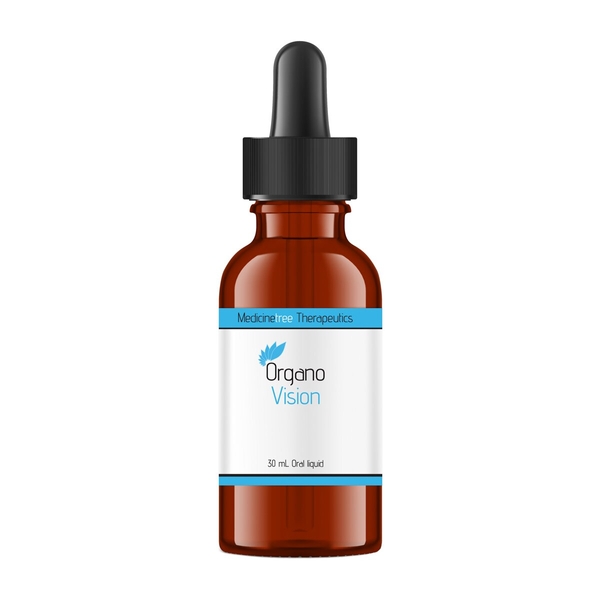
Rue
Scientific names: Ruta graveolens
Family: Rutaceae
Alternate names: Aruta, Arvada, Common Rue, Garden Rue, German Rue, Herb-of-Grace, Herbe à la Belle-Fille, Herbe de Grâce, Herbe de Repentance, Herbe de la Rue, Herbygrass, Raute, Ruda, Ruda de Castilla, Rue Fétide, Rue des Jardins, Rue Officinale, Rue Puante, Ruda, Ruta Grav, Ruta graveolens, Rutae Folium, Rutae Herba, Sadapaka, Satap, Sudabugida, Sudapa
Background
Rue (Ruta graveolens) is a perennial, evergreen shrub native to southern Europe. The parts that grow above the ground and the oil are used as medicine.
Rue contains chemicals that might have antibacterial and anti-inflammatory effects.
People sometimes use rue for cancer, indigestion, insect repellent, birth control, and many other conditions, but there is no good scientific evidence to support these uses.
Don't confuse rue with Goat's rue or Syrian rue. These are not the same.
Rue contains chemicals that might have antibacterial and anti-inflammatory effects.
People sometimes use rue for cancer, indigestion, insect repellent, birth control, and many other conditions, but there is no good scientific evidence to support these uses.
Don't confuse rue with Goat's rue or Syrian rue. These are not the same.
Safety Safety definitions
When taken by mouth: Rue is commonly consumed in foods. It is possibly safe when products containing dried rue leaves are used as a medicine. It can cause cramps, drowsiness, and dizziness. But rue is likely unsafe when the fresh leaves or oil are used, or when the dried leaves are used in large amounts. These can cause serious side effects, including stomach pain, vomiting, kidney damage, breathing problems, and death.
When applied to the skin: It is likely unsafe to use fresh rue. It can cause a rash and blistering, which can become worse when exposed to the sun.
Breast-feeding: There isn't enough reliable information to know if rue is safe to use when breast-feeding. Stay on the safe side and avoid use.
Kidney problems: Rue can make existing kidney problems worse.
Liver problems: Rue can make existing liver problems worse.
When applied to the skin: It is likely unsafe to use fresh rue. It can cause a rash and blistering, which can become worse when exposed to the sun.
Special Precautions & Warnings:
Pregnancy: Rue is likely unsafe when taken by mouth during pregnancy. It can cause contractions of the uterus, which might lead to a miscarriage. Taking rue to cause an abortion has led to death.Breast-feeding: There isn't enough reliable information to know if rue is safe to use when breast-feeding. Stay on the safe side and avoid use.
Kidney problems: Rue can make existing kidney problems worse.
Liver problems: Rue can make existing liver problems worse.
Effectiveness
Effective Effectiveness definitions
There is interest in using rue for a number of purposes, but there isn't enough reliable information to say whether it might be helpful.
Dosing & administration
There isn't enough reliable information to know what an appropriate dose of rue might be. Keep in mind that natural products are not always necessarily safe and dosages can be important. Be sure to follow relevant directions on product labels and consult a healthcare professional before using.
Interactions with pharmaceuticals
Medications that increase sensitivity to sunlight (Photosensitizing drugs)
Interaction Rating=Moderate Be cautious with this combination.
Some medications might make the skin more sensitive to sunlight. Rue might also make the skin more sensitive to sunlight. Using these products together might increase the risk of sunburn, blistering, or rashes when the skin is exposed to sunlight. Be sure to wear sunblock and protective clothing when spending time in the sun.
Interactions with herbs & supplements
There are no known interactions with herbs and supplements.
Interactions with foods
There are no known interactions with foods.
Products
View all productsPractitioner product
Per tablet:
- Ruta graveolens
- Thuja occidentalis
- Strychnos ignatii (Ignatia)
- Arnica montana
- Aconitum napellus (Aconite)
- Magnesium phosphoricum (Mag phos)
- Porcine brain
- Porcine embryo
- Porcine liver
- Porcine placenta
- Monobasic potassium phosphate
- Selenium
- Phosphoric acid
- Cinochona pubescens
- Sublimed sulphur
- Potassium dichromate
- Gelsemium sempervirens
- Semecarpus orientale
- Conium maculatum
- Hyoscyamus niger
- Anamirta cocculus
- Aesculus hippocastanum (Horsechestnut)
Practitioner product
Per serve:
- Ruta graveolens
- Atropa belladonna
- Euphrasia
- Hamamelis virginiana (Witch hazel)
- Aesculus hippocastanum (Horsechestnut)
- Porcine lachrymal glands
- Porcine lens
- Porcine optic nerve
Practitioner product
vital.ly has licensed monographs from TRC Healthcare.
This monograph was last reviewed on 31/07/2024 10:00:00 and last updated on 29/12/2020 02:52:47. Monographs are reviewed and/or updated multiple times per month and at least once per year.
Natural Medicines disclaims any responsibility related to medical consequences of using any medical product. Effort is made to ensure that the information contained in this monograph is accurate at the time it was published. Consumers and medical professionals who consult this monograph are cautioned that any medical or product related decision is the sole responsibility of the consumer and/or the health care professional. A legal License Agreement sets limitations on downloading, storing, or printing content from this Database. No reproduction of this monograph or any content from this Database is permitted without written permission from the publisher. It is unlawful to download, store, or distribute content from this site.







